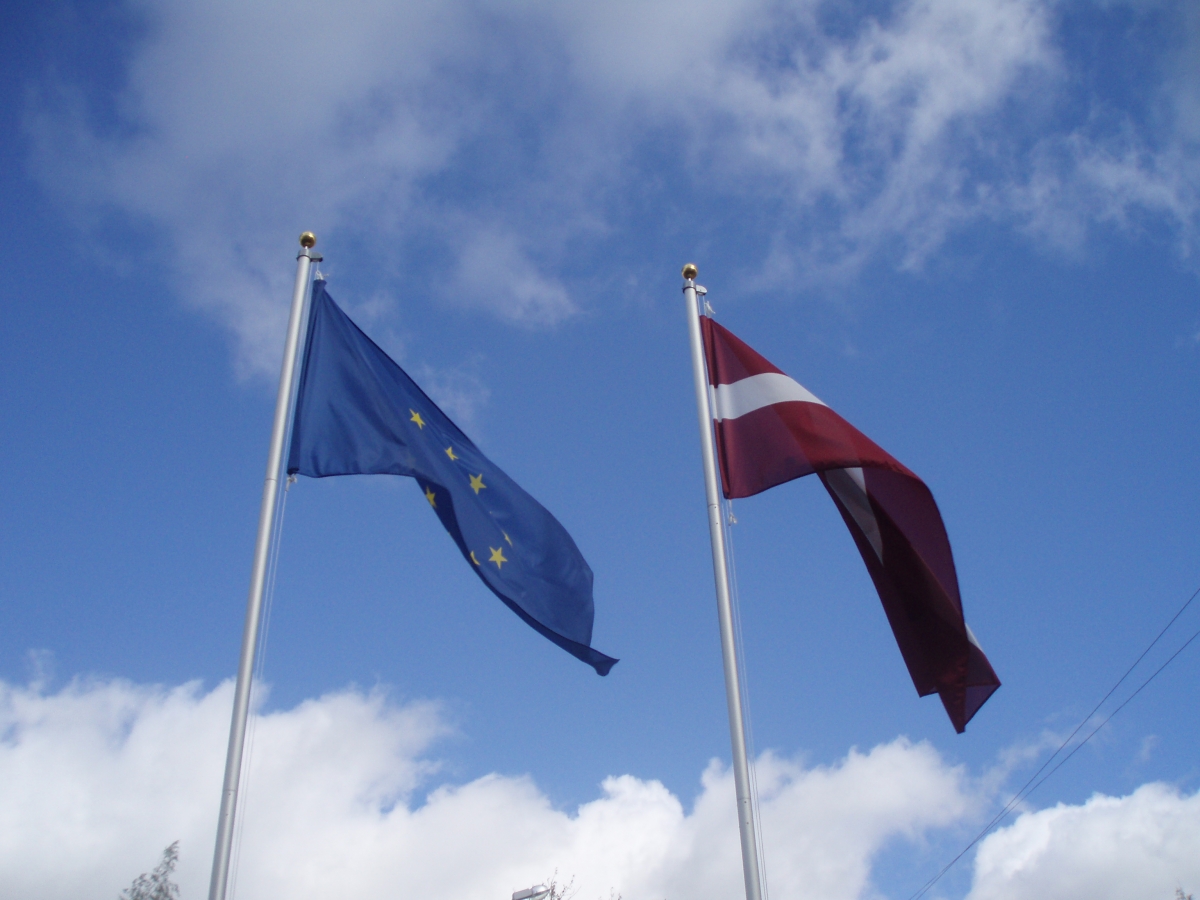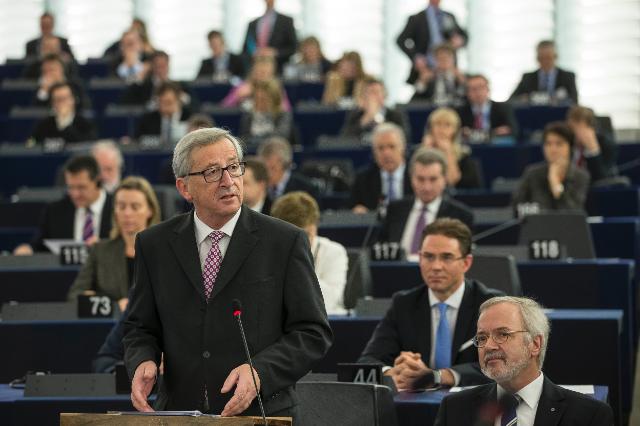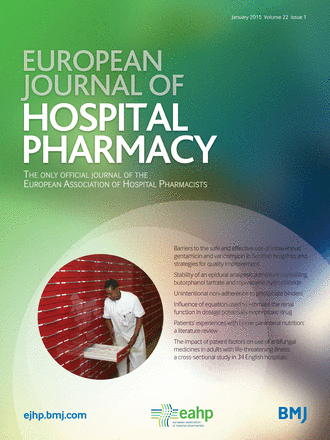You can subscribe to receive the EAHP EU Monitor by email here.
 EAHP New Year appeal to Europe: Make 2015 a year of action on antimicrobial resistance
EAHP New Year appeal to Europe: Make 2015 a year of action on antimicrobial resistance
At the start of the new European Commission’s first full year of operation, the European Association of Hospital Pharmacists (EAHP) has issued a call to EU policy-makers to make 2015 a year of action in meeting the antimicrobial resistance challenge.
More information here.
 Latvian Presidency of EU Council of Ministers to include a diversity of health-related initiatives
Latvian Presidency of EU Council of Ministers to include a diversity of health-related initiatives
With Latvia taking on the rotating responsibility for presidency of the EU Council of Ministers (national governments) on 1 January, its health minister Guntis Belēvičs has provided an outline of the Presidency’s initiatives and focus in areas related to health.
Chief among the goals of the 6 month presidency include forging agreement between the EU’s 28 national governments on its position on the amendments to medical device regulation proposed by the European Commission. The proposals have been waiting to start formal ‘trilogue’ deliberation between the Commission, European Parliament and national governments since September 2012. Whilst the Parliament has already agreed its negotiating position, consensus between national governments on the proposals has still not been forthcoming. Many of the proposals for reform, including introducing Unique Device Identification (UDI) to improve traceability, and enhancing the inspection regime for device manufacturers, appear to have broad consensus. However, issues such as how the device assessment and approval processes in Europe should be improved, and regulation of the reprocessing and reuse of devices, has been more controversial.
Beyond this, the Presidency will also host a ministerial conference on tuberculosis and its multi-drug resistance on 31 March in Riga as well as a high level conference in February on the topic of ‘healthy lifestyle: nutrition and physical activities for children and young people in schools’.
Minister Belēvičs has also confirmed that under its term of Presidency, the Latvian Government wish to develop a thesis on patient-oriented healthcare during the joint meeting of the chief medical, chief nursing and chief dental officers in April, in cooperation with the World Health Organisation.
Minister Belēvičs’s introduction to health initiatives under the Latvian Presidency here.
Calendar of health related events under the Latvian Presidency here.
Full programme of the Latvian Presidency here.
 Commission’s 2015 Work Programme to include Labour Mobility Package
Commission’s 2015 Work Programme to include Labour Mobility Package
The 2015 Work Programme of the European Commission has been adopted with a notable absence of planned initiatives in the area of health, the termination of previous proposals to improve transparency in national pricing of medicinal products, but a promise of a further ‘Labour Mobility Package’ before the end of the year.
Every year, the European Commission adopts a plan of action for the next twelve months, with the 2015 work programme designed to translate into concrete actions the political guidelines by which Jean Claude Juncker was elected Commission President by the European Parliament.
The headline themes for action for the Commission in 2015 will be in areas of economic investment, achieving progress in the creation of digital single market, building a European Energy Union, tackling tax evasion and fraud at an EU level, deepening economic and monetary union, and progressing better European cooperation in relation to migration.
Perceived health angles within this agenda include a new ‘Labour Mobility Package’ with likely impacts for healthcare professional mobility, and mHealth/eHealth components within the Digital Single Market agenda.
Amongst 80 pieces of pending EU legislation that will now be withdrawn include a previous proposal under the Barroso Commision to update the EU transparency directive (1989) regulating the time periods within which EU member states should make decisions in relation to medicines pricing. The reason given was that there is “no foreseeable agreement” among EU member country Governments on this issue.
EAHP will continue to monitor the developments in the Work Programme throughout 2015 for potential impacts to healthcare systems and professionals, advising its member associations and responding as appropriate.
More information here.
In the first edition of the EJHP for 2015 you can find a review of the experiences of patients who use home based parenteral nutrition and orginal articles from Italy and the UK looking at the economic and patient factors influencing the use of antifungals within hospitals.
























 The EAHP EU Monitor is a regular round up of news relevant to hospital pharmacy in Europe.
The EAHP EU Monitor is a regular round up of news relevant to hospital pharmacy in Europe. EAHP New Year appeal to Europe: Make 2015 a year of action on antimicrobial resistance
EAHP New Year appeal to Europe: Make 2015 a year of action on antimicrobial resistance Latvian Presidency of EU Council of Ministers to include a diversity of health-related initiatives
Latvian Presidency of EU Council of Ministers to include a diversity of health-related initiatives
 EJHP:
EJHP: